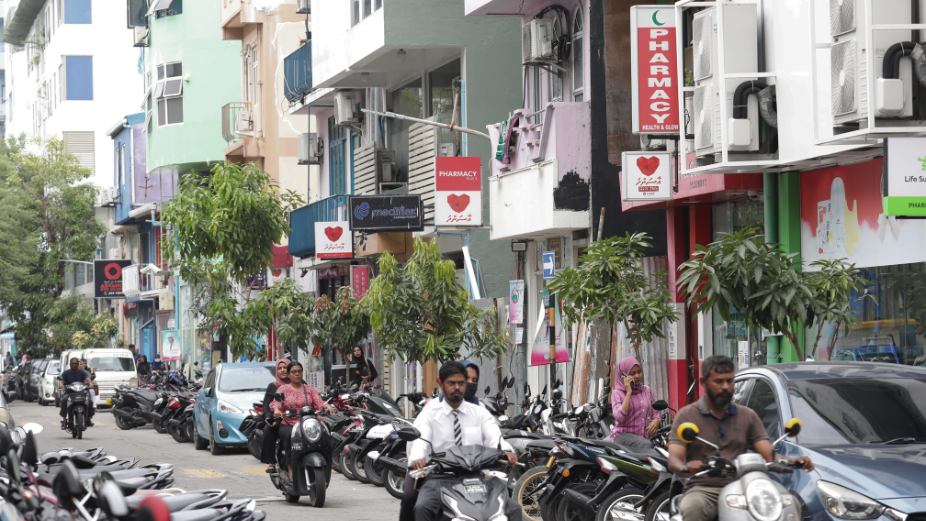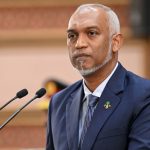
The CEO of the National Social Protection Agency (NSPA) and spokesperson for the President’s Office, Heena Waleedh, has voiced concerns about some pharmacies refusing to comply with the government’s recent changes to medicine pricing. Speaking during a discussion with the Parliamentary Committee on Social Affairs, Heena acknowledged that while the majority of pharmacies have implemented the reduced prices, a small number are still resisting the updated regulations.
Heena revealed that 10 essential medicines have already been imported and distributed under the revised price list. However, she noted that some pharmacies are reluctant to sell these medications at the newly reduced rates. To ensure access, she reassured the public that these medicines are available at all State Trading Organisation (STO) pharmacies through the Aasandha system.
High Medicine Prices in the Maldives
Highlighting the broader issue, Heena drew attention to the stark contrast in medicine prices between the Maldives and other regional countries. She reported that medicines in the Maldives are priced up to 15 times higher than in neighbouring nations. In some cases, pharmacies have been marking up prices by as much as 300% to 4,000%, placing a significant burden on consumers.
Government’s Response
In response to these challenges, the government has introduced a special list of essential medicines, focusing on those recommended by the World Health Organization (WHO). This initiative is being carried out in partnership with the United Nations Development Programme (UNDP) to ensure that essential medications become more affordable and accessible. As part of a phased implementation, 10 medicines have already been imported and circulated under this scheme.
The government’s efforts aim to address the unaffordability of medicines in the Maldives and ensure equitable access for all citizens, particularly those who rely on essential medications for their health and well-being. Further measures are expected as part of this ongoing initiative to regulate medicine prices and improve public access to affordable healthcare.












